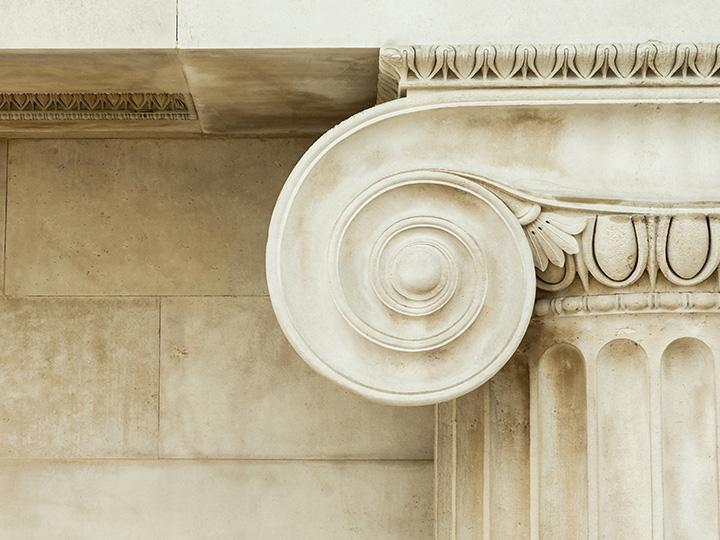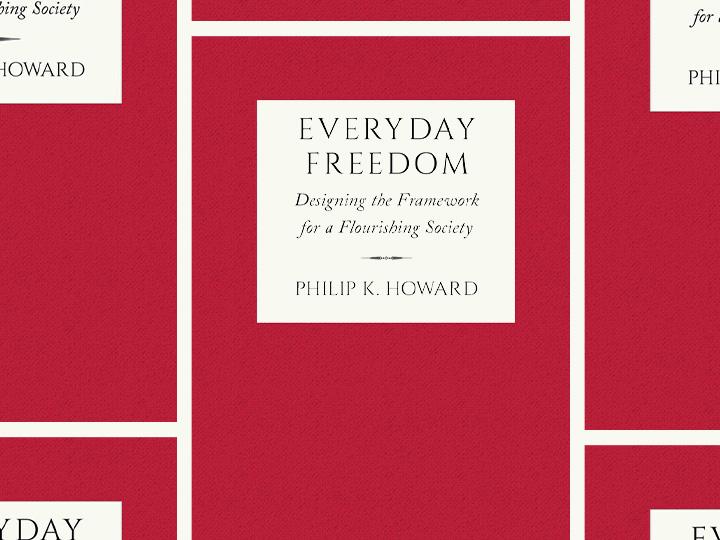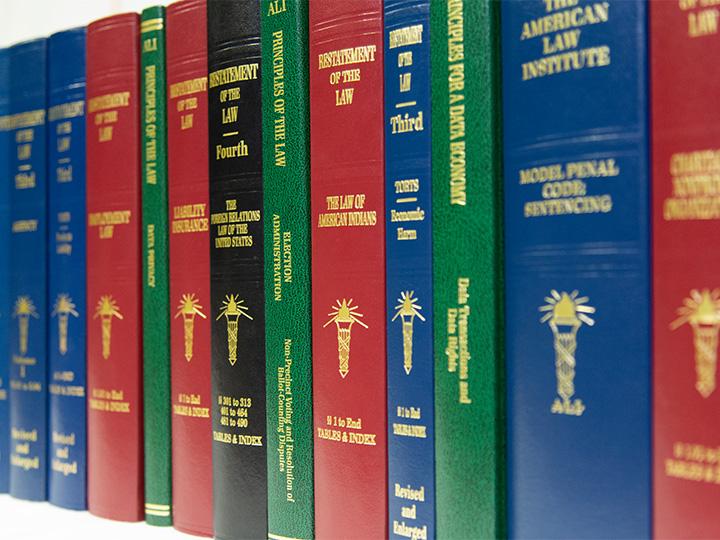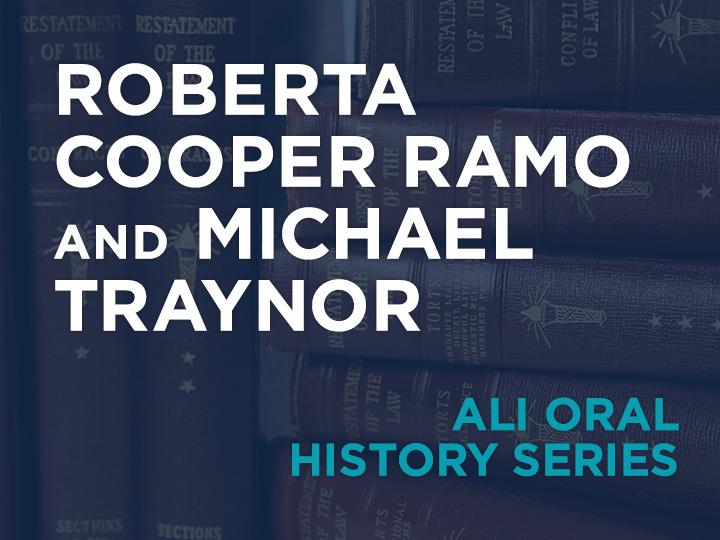Election 2020: When Are Results Official and What Happens if Results Are Disputed
The 2020 election is seeing unprecedented volatility leading up to November 3. Will this volatility make a difference, helping or hurting the system’s capacity to serve its purpose? This is the first of many questions about the 2020 election that this group of election law experts will tackle.
Every election year presents its own distinct set of challenges, but 2020 has been a uniquely challenging year. What can voters expect on and after Election Night? Election results are never final until much later – this year on December 14. On that date, electors will be appointed in all states on the basis of the popular vote in each state, but will we declare success? If not, why not; in other words, what would cause the failure to achieve closure by December 14 in one or more pivotal states? Will the pre-election volatility play a significant role in post-Election Day events?
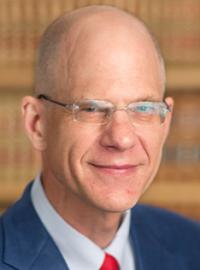
Edward B. Foley
Edward (Ned) B. Foley is the Charles W. Ebersold and Florence Whitcomb Ebersold Chair in Constitutional Law and the Director of Election Law at The Ohio State University Moritz College of Law.
In January 2020, Ned published a new book, Presidential Elections and Majority Rule: The Rise, Demise, and Potential Restoration of the Jeffersonian Electoral College. His book Ballot Battles: The History of Disputed Elections in the United States was published by Oxford University Press in December 2015.
He served as Reporter for The American Law Institute’s Principles of the Law, Election Administration: Non-Precinct Voting and Resolution of Ballot-Counting Disputes.
While he has special expertise on the topics of recounts, he is conversant in all topics of election law, including redistricting and campaign finance, and recently co-authored a casebook Election Law and Litigation: The Judicial Regulation of Politics (Aspen 2014), which covers all aspects of election law. He and his casebook co-authors also have a contract with Oxford University Press to write a treatise on election law—remarkably the first of its kind in the United States in over a century. He is also a co-author of From Registration to Recounts: The Ecosystems of Five Midwestern States (2007).
Ned has taught at Ohio State since 1991. Before then, he clerked for Chief Judge Patricia M. Wald of the U.S. Court of Appeals and Justice Harry Blackmun of the United States Supreme Court. In 1999, he took a leave from the faculty to serve as the state solicitor in the office of Ohio’s Attorney General. In that capacity, he was responsible for the state’s appellate and constitutional cases.
Ned received his B.A. from Yale College and his J.D. from Columbia Law School.
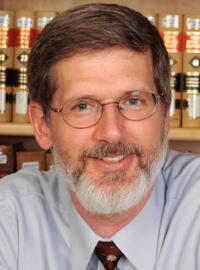
Steven F. Huefner
Before joining The Ohio State University Moritz College of Law faculty, Steve Huefner practiced law for five years in the Office of Senate Legal Counsel, U.S. Senate, and for two years in private practice at the law firm of Covington & Burling in Washington, D.C. He also clerked for Judge David S. Tatel of the U.S. Court of Appeals for the District of Columbia Circuit and for Justice Christine M. Durham of the Supreme Court of Utah. Steve was a Harlan Fiske Stone Scholar at Columbia Law School, where he served as head articles editor for the Columbia Law Review.
He served as Associate Reporter on The American Law Institute’s now completed Principles of the Law, Election Administration: Non-Precinct Voting and Resolution of Ballot-Counting Disputes.
Steve has published a number of articles and one book, From Registration to Recounts: The Election Ecosystems of Five Midwestern States, co-authored with his Election Law colleagues. His research interests are in legislative process issues and democratic theory, including election law. He is conversant in Japanese, spent one summer working for a Japanese law firm, and remains interested in Japanese law.
Steve is director of Clinical Programs at Moritz, as well as director of the Legislation Clinic. He teaches Legislation, Jurisprudence, and Legal Writing.
Steve received his B.A. from Harvard College and his J.D. from Columbia Law School.

Derek T. Muller
Derek Muller graduated with a Juris Doctorate from the University of Notre Dame Law School in 2007. Upon graduation, Derek worked as a judicial clerk for the Honorable Raymond W. Gruender of the United States Court of Appeals for the Eighth Circuit in St. Louis, Missouri.
He then became an associate practicing litigation with Kirkland & Ellis L.L.P. of Chicago, Illinois from 2008 to 2010 before beginning his career in academia. Derek has been a visiting professor at Penn State Law, the University of Iowa College of Law, and the University of Notre Dame Law School. In 2011 he became an Associate Professor at Pepperdine Law School and was granted tenure in 2017. Derek has taught courses in Election Law, Federal Courts, Civil Procedure, Administrative Law, and Evidence and he will begin teaching at Iowa Law in the Fall semester of 2020.

Franita Tolson
Franita Tolson joined USC Gould School of Law in June 2017. Her scholarship and teaching are focused on the areas of election law, constitutional law, legal history and employment discrimination. She has written on a wide range of topics including partisan gerrymandering, campaign finance reform, the Elections Clause, the Voting Rights Act of 1965, and the Fourteenth and Fifteenth Amendments. Her forthcoming book, In Congress We Trust?: The Evolution of Federal Voting Rights Enforcement from the Founding to the Present, will be published in 2021 by Cambridge University Press.
As a nationally recognized expert in election law, Franita has written for or appeared as a commentator for various mass media outlets including The New York Times, Reuters and Bloomberg Law. She has testified before the House Judiciary Committee regarding the reauthorization of the Voting Rights Act. She has also authored a legal analysis for an amendment to the U.S. Constitution, introduced by Senator Elizabeth Warren and Senator Richard Durbin, that would explicitly protect the right to vote. Franita currently works as an election law analyst for CNN and co-hosts an election themed podcast, Free and Fair with Franita and Foley, with Ned Foley of The Ohio State University Moritz College of Law.
Prior to joining USC, Franita was the Betty T. Ferguson Professor of Voting Rights at Florida State University College of Law and a visiting assistant professor at Northwestern University School of Law. Before entering academia, she clerked for the Honorable Ann Claire Williams of the U.S. Court of Appeals for the Seventh Circuit and the Honorable Ruben Castillo of the Northern District of Illinois.
Franita is a graduate of the University of Chicago Law School, where she will be a Visiting Professor of Law during the Spring 2021 academic quarter.
For a transcript of the full episode, please contact communications@ali.org
